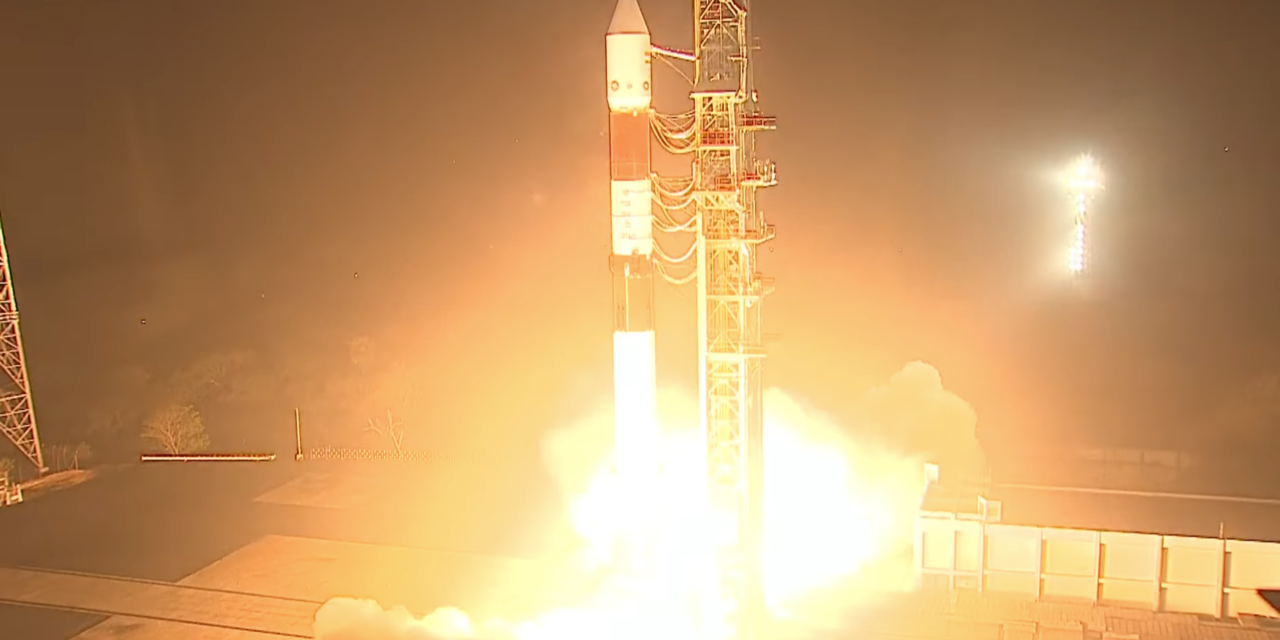The Indian Space Research Organisation (ISRO) has successfully launched two SpaDeX (Space Docking Experiment) satellites to conduct India’s first-ever orbital docking test, marking a critical milestone in the country’s space exploration journey. The mission, a demonstration of autonomous docking technology, aims to pave the way for advanced capabilities in space station assembly, crewed missions, and satellite servicing.
The SpaDeX satellites are designed to perform complex maneuvers, including precise alignment, approach, and docking, all autonomously. Equipped with advanced sensors, guidance systems, and thrusters, the satellites will simulate real-world conditions for docking operations in microgravity. This technology is crucial for future projects such as India’s proposed Space Station Module and international collaborations involving long-duration space missions.
The experiment is being closely monitored, as success would position India among an elite group of nations, including the United States, Russia, and China, that have mastered autonomous docking technology. This capability is essential for constructing modular space stations, refueling satellites, and conducting deep-space exploration missions.
The launch underscores ISRO’s growing technological prowess and aligns with its long-term goals under the ‘Atmanirbhar Bharat’ (Self-Reliant India) initiative. If successful, the SpaDeX mission will significantly enhance India’s credibility as a key player in the global space arena, while opening avenues for advanced research and international partnerships in space exploration.













